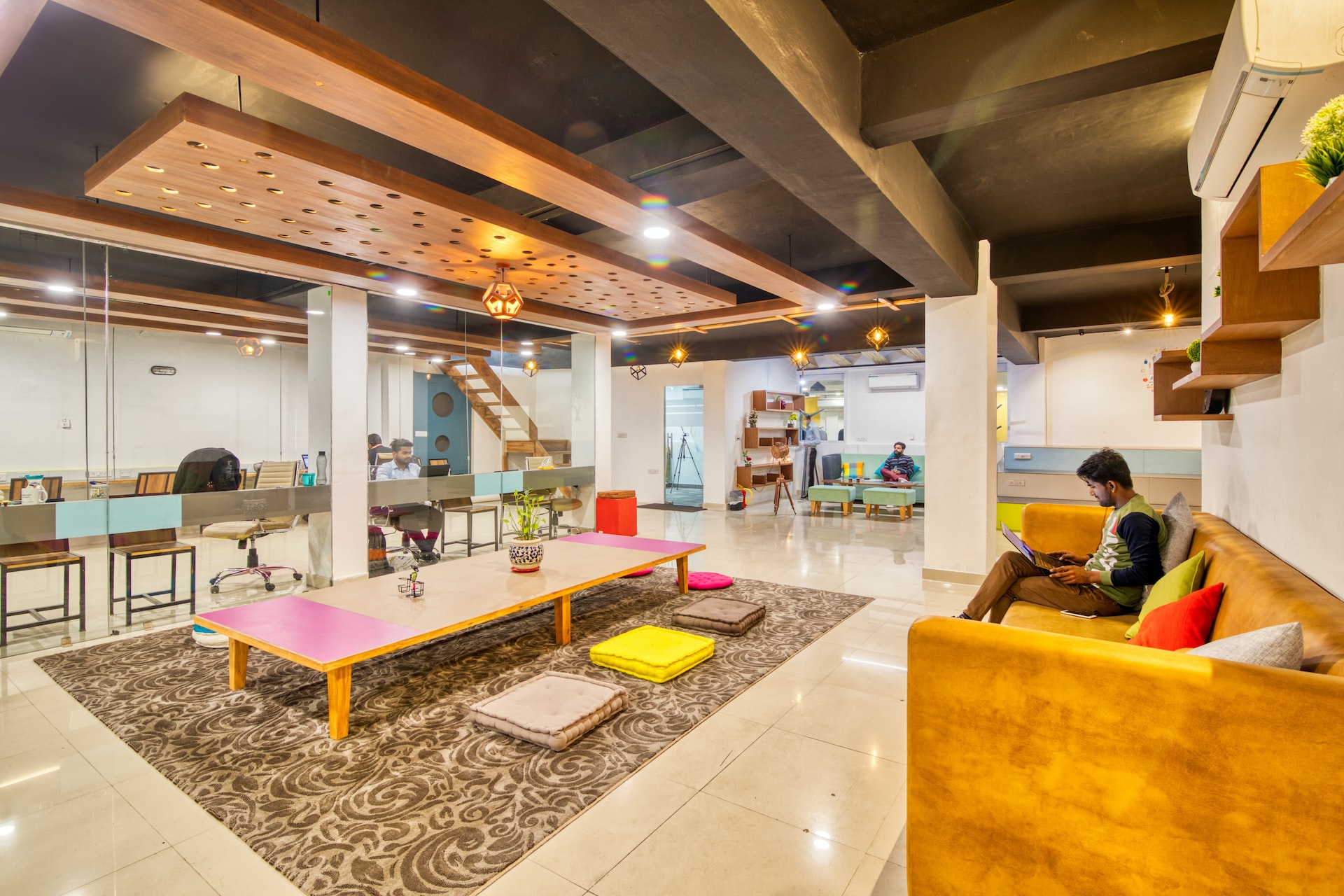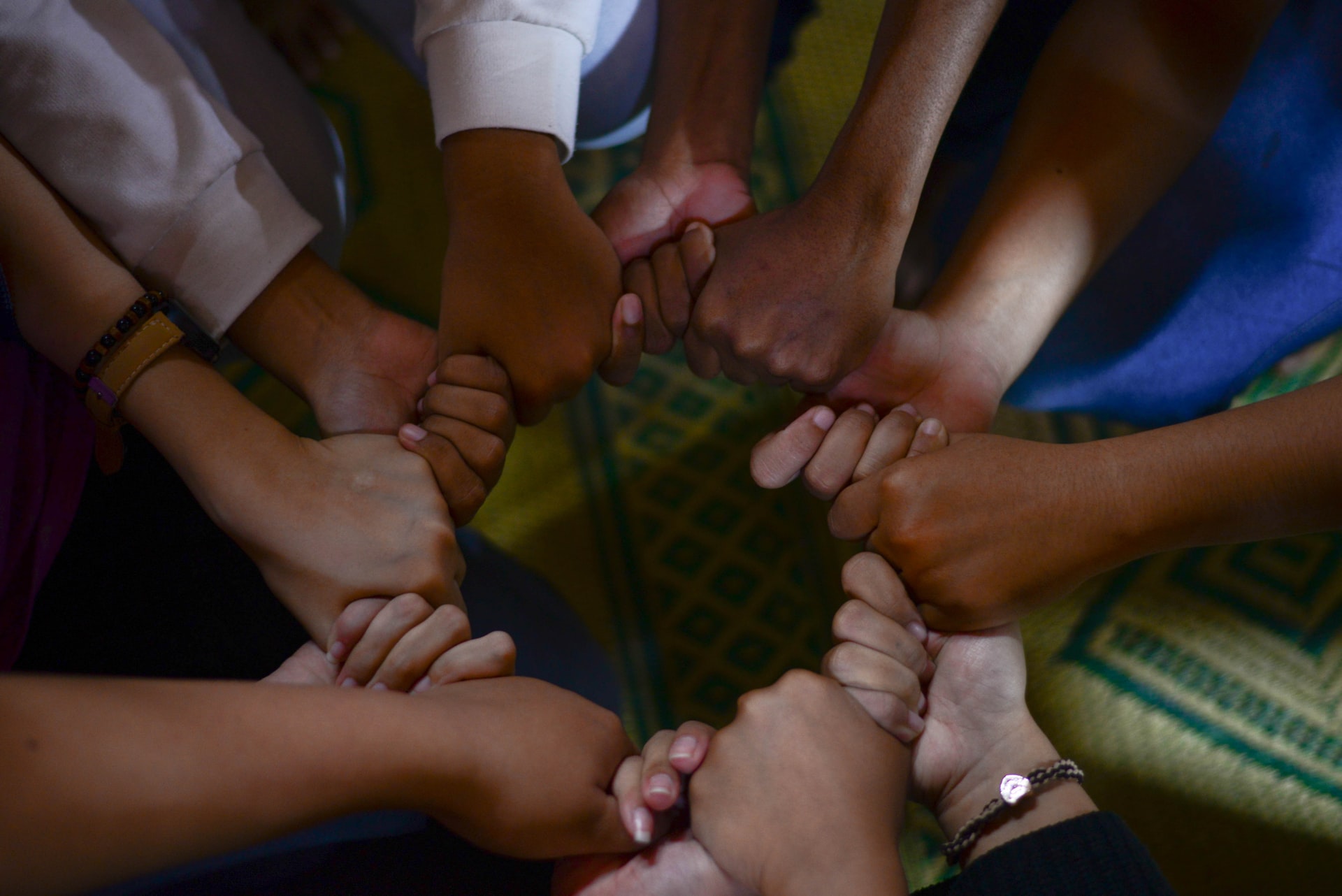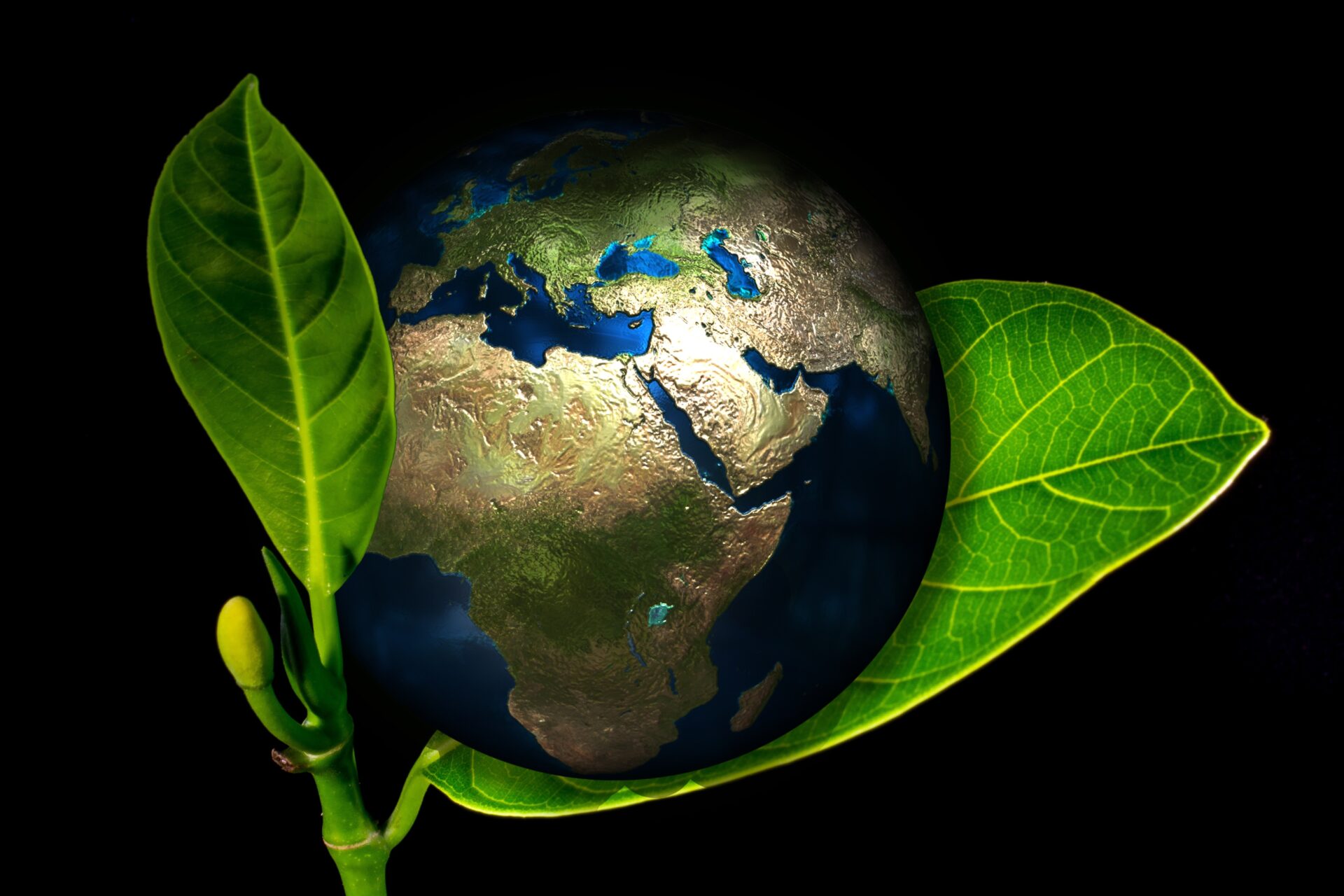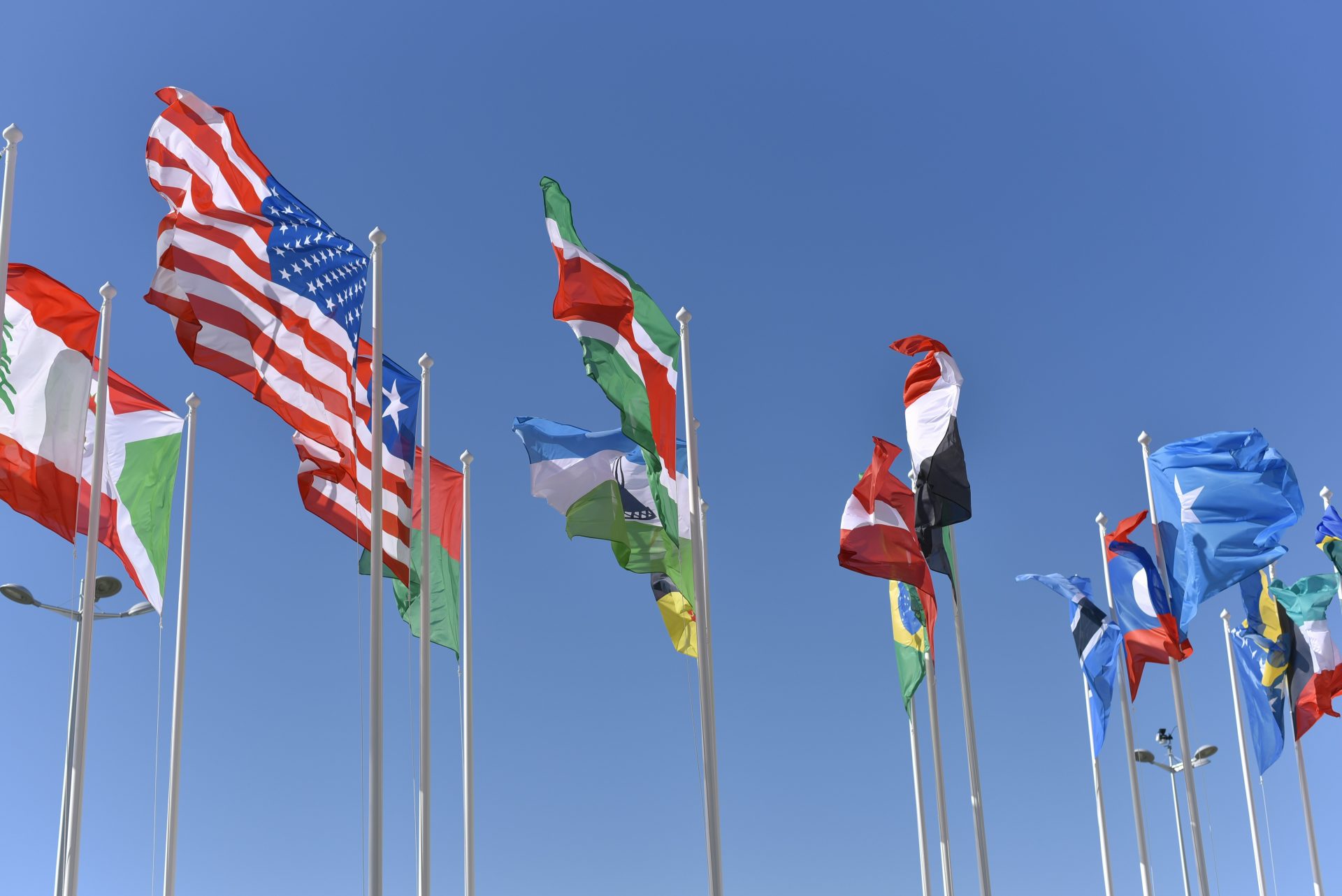Making India and Vietnam the World’s Post-COVID Startup Nations
The rise in startups have paved the way for many aspiring entrepreneurs to take the leap of faith. The internet is rife with stories of small entrepreneurs starting with shoestring budgets and going on to securing large funding to take their business to the next level.
This is playing out in Asian countries as well, particularly India and Vietnam. The impact of the pandemic has made many question the purpose of what they are doing. Are they happy with their work? Are they satisfied? Will the money they earn through salaries be enough to take care of them in their old age? Such crucial questions are pushing many to quit their jobs and follow their passions – do what they love to do and also earn a living through it.
Running a full-time business through an Instagram or a Facebook account is very much a reality now. The advent of last mile delivery and home pickups and delivery are encouraging many housewives also to follow their dreams and earn a livelihood.
Enabled by technology and powered by dreams, we will continue to see many innovative proat the upcoming Horasis India Meeting, which will be held between 25 to 26 September, 2022 in Vietnam. The meeting will bring together 300 of the most senior members of Horasis to suggest ways in which both the countries can chart a path to a resilient post-COVID recovery.
Entrepreneurial Landscape in India and Vietnam
The charm of the startup world has really enchanted the Indian youth. The number of recognized startups in India has risen from 726 in FY 2016-17 to 65,861 in FY 2021-22. It is not only tech-based startups that are shining through, but startups can be seen growing in other sectors such as agriculture, organic products and handmade products.
Mamaearth is one such startup that not only materialized on a vacuum in the Indian market, but was also confident in battling with multinational brands such as Johnson & Johnson. The founders of Mamaearth knew that the baby skincare products available in the Indian market were not safe for babies. They seized this opportunity and started the business in 2016. Since then the startup has gone on to receive funding of about US$109 million (December 2021), putting its valuation at US$1.07 billion as of January 2022.
Vietnam is already the third most active startup ecosystem in Southeast Asia, after Indonesia and Singapore. The country is home to nearly 4,000 startups, including four unicorns: VNG, VNLife (VNPay), M_Service (Momo), and Sky Mavis. Total investments into Vietnamese startups in 2021 reached more than US$1.3 billion, surpassing the former record of almost US$900 million in 2018 and 2019 and is 4x higher than that of 2020 investments.
Cultural Norms
The desire to start a business had never been the case in India. Most families desired their sons and/or daughters to land a job in a multinational company. Starting a business was deemed risky and not fruitful in the long-term. Running a business was kept for children coming out of business families or who had large amounts of money to invest and start a business. Meanwhile, we also witness another sect of business starters in India, those who start a small roadside kiosk to make ends meet.
But this is not the case anymore. Things are slowly but certainly changing for the better. A perfect example of this is the success of Shark Tank, which is a popular American reality TV series. The airing and subsequent success of Shark Tank India, drives home the changing mindset among Indian homes that business is also a lucrative option if one desires to follow it.
Vietnam is transforming into an entrepreneurship hotspot. “Nowhere else in the region can you find as much drive, spirit, and enthusiasm from young people to start their businesses from scratch. Vietnamese people are hungry for entrepreneurship and innovation, and the influx of returnees from overseas is helping improve the quality of the startup ecosystem,” said Loship CEO, Trung Hoang Nguyen.
Supportive Regulations
India’s Commerce and Industry Ministry has allocated Rs 2,791.29 crore (US$349.35 million) to SIDBI, which in turn committed Rs 6,795 crore (US$850.44 million) to 82 Alternative Investment Funds (AIFs), while Rs 8,785 crore (US$ 1.09 billion) have been invested by supported AIFs in to 574 startups.
In 2016, Vietnam launched the National Program 844 to promote and enhance the growth of the startup ecosystem in the country. By 2019, the program had successfully supported over 140 startup events in the country, while organizing 202 training courses on innovative startups along with helping development of incubators and support centers that have facilitated over VND40 billion (US$ 1.71 million) in investments.
The entrepreneurship spirit has kickstarted in India and Vietnam. It will need the right social mindset in considering business a viable livelihood coupled with favorable laws and policies to help make India and Vietnam the world’s post-COVID startup nations.
Photo Caption: A startup office in New Delhi.



